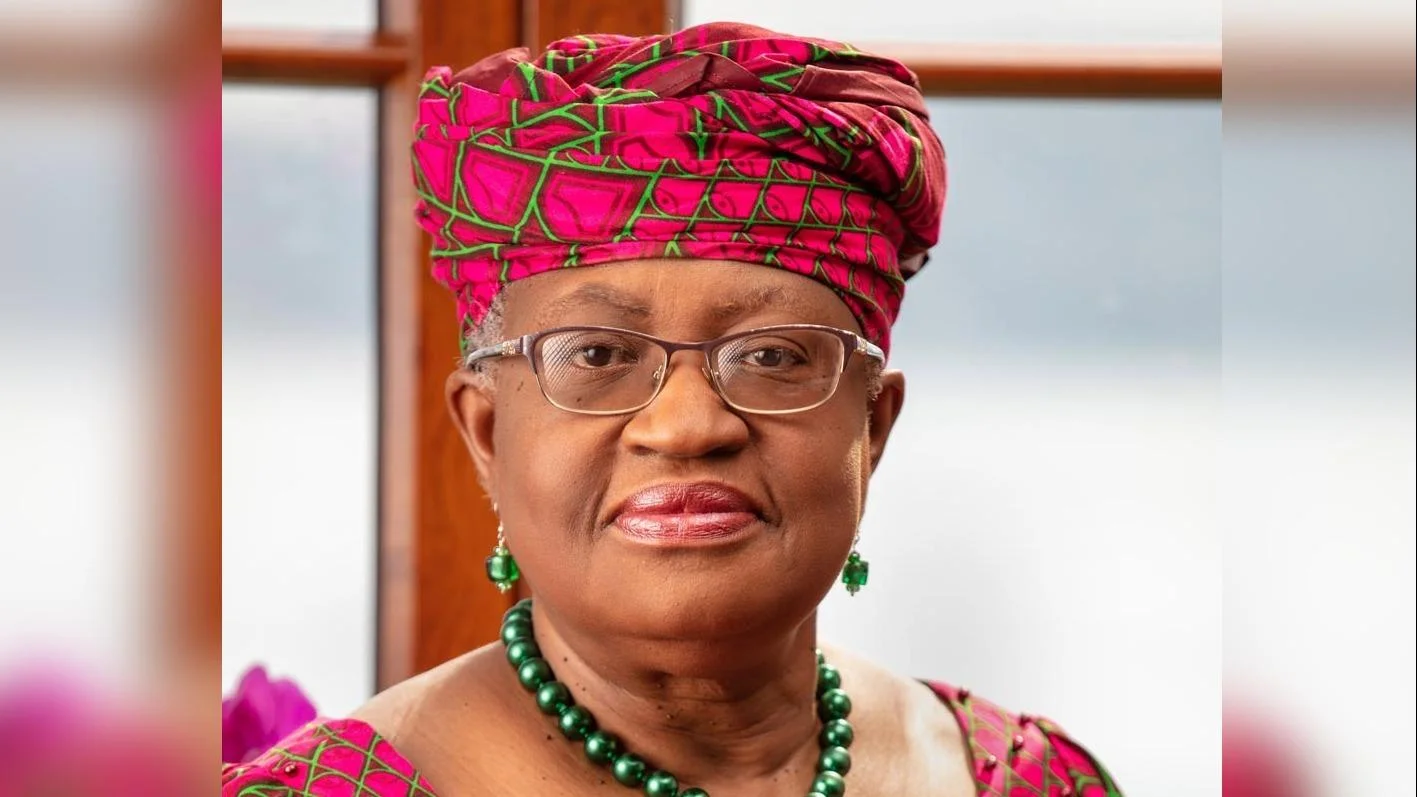South Africa has submitted two requests for panels in disputes concerning European Union regulations affecting the importation of citrus fruits. The measures, aimed at controlling the spread of the insect Thaumatotibia leucotreta (False Codling Moth) and the fungus P. citricarpa (citrus black spot), were discussed in consultations with the EU but did not result in a mutually agreed solution.
South Africa contends that the EU's measures are not based on scientific principles, lack sufficient scientific evidence, and are more trade-restrictive than necessary. Additionally, South Africa argues that the EU has failed to consider regional differences regarding pest risk. The country claims these measures severely impact its citrus exports, which provide jobs for over 140,000 people and affect other regional countries dependent on South African infrastructure for their exports.
The European Union expressed regret over South Africa's decision to pursue panel proceedings but defended its pest control measures as justified. The EU was not prepared to agree to South Africa's requests for panels at this meeting.
The Dispute Settlement Body (DSB) noted these statements and agreed to revisit the matters if requested by a member.
In another matter, the United States raised concerns for the 11th time regarding the panel ruling in DS597 related to an origin marking requirement for Hong Kong, China. The US cited recent developments in Hong Kong concerning free speech and human rights as reasons for revisiting this issue. Hong Kong criticized this move as an abuse of WTO rules and emphasized that objections should be heard by a fully functional Appellate Body, which remains blocked due to US actions.
China reiterated its stance that a restored appeal mechanism is necessary to address such claims properly and condemned what it termed US interference in another WTO member's internal affairs.
Colombia, representing 130 members, introduced a proposal for the 77th time to begin selecting new Appellate Body members. This group stressed that filling vacancies is crucial for maintaining a functioning dispute settlement system. However, the United States opposed commencing appointments due to unresolved concerns about WTO dispute settlement processes.
Twenty-five members commented on this issue, highlighting previous statements and emphasizing the need for an effective dispute settlement system by 2024. They welcomed ongoing discussions on reforming this system and supported Ambassador Usha Dwarka Canabady of Mauritius in her facilitation efforts.
The DSB chair expressed support for achieving a positive outcome within the mandated timeframe.
Status reports were also presented by various members on ongoing disputes:
- The United States reported on DS184 (anti-dumping measures on hot-rolled steel from Japan), DS160 (US Copyright Act Section 110(5)), DS464 (anti-dumping measures on large residential washers from Korea), and DS471 (methodologies applied to anti-dumping proceedings involving China).
- The European Union reported on DS291 (approval and marketing of biotech products).
- Indonesia reported on DS477 and DS478 (importation of horticultural products, animals, and animal products).
The next regular DSB meeting is scheduled for July 26, 2024.

